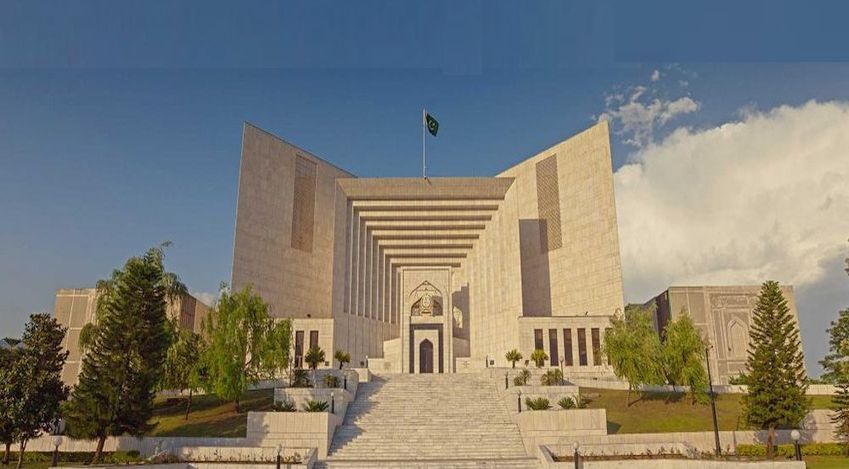Family Settlement and Arrangements are important in resolution of Property Dispute and maintaining Family Harmony --- Supreme Court of Pakistan
Islamabad 21-08-2024: In a significant ruling, the Supreme Court of Pakistan has upheld the validity of a family settlement concerning the division of property among the heirs of Bashir Ahmed, dismissing a challenge brought by his brother, Nazir Ahmed. The case, which revolved around the ownership and transfer of agricultural land in Jamke Cheema, Daska, highlights the Court's commitment to preserving family harmony through the enforcement of bona fide family arrangements.
The dispute centered on the division of several jointly owned properties among Bashir Ahmed, his brothers, and their respective families. The primary issue was whether the sale deeds executed by Abdul Rashid, another brother, using a general power of attorney from Nazir Ahmed, were valid. The controversy arose when Nazir Ahmed revoked the power of attorney and sought to invalidate the transactions carried out by Abdul Rashid.
The Supreme Court's judgment emphasized the importance of family settlements in maintaining peace and resolving disputes within families. The Court reaffirmed that such arrangements, even if not formally registered or witnessed, should be upheld if they are made in good faith and intended to resolve family conflicts.
The judgment also clarified that family settlements are governed by principles of equity, distinct from those applied to transactions between strangers. This special equity allows Courts to enforce family arrangements even when they lack the formal legalities typically required in other types of transactions.
The Supreme Court found that the Lahore High Court had misapplied the law and misinterpreted the evidence in overturning the decisions of the lower Courts. The High Court had discounted the validity of the family settlement, primarily due to the lack of registration and witness attestation of a memorandum documenting the arrangement. However, the Supreme Court ruled that these formal requirements were not applicable in this context, as the memorandum merely recorded an oral agreement that had already been reached.
The Court further noted that the principle of estoppel barred Nazir Ahmed from challenging the settlement, as he had already benefited from similar transactions under the same arrangement.
The Supreme Court restored the decree issued by the first Appellate Court, dismissing the claims of Nazir Ahmed and reinstating the validity of the family settlement. The Court also dismissed an application to implead a subsequent purchaser of the disputed property, emphasizing that the settlement had resolved the ownership issues among the original parties.
This ruling reinforces the legal standing of family settlements in Pakistan, providing a clear precedent for future disputes involving property division among family members.
This landmark judgment is expected to have far-reaching implications for family law in Pakistan, particularly in cases involving property disputes. The decision underscores the judiciary’s role in upholding family unity and preventing litigation that could disrupt familial relationships. Legal experts believe this ruling will discourage frivolous challenges to genuine family settlements, thereby promoting peace and harmony within families.
For legal practitioners and families alike, this judgment serves as a reminder of the importance of clear, good-faith agreements in resolving property disputes and the judiciary's willingness to enforce such settlements in the interest of justice and familial harmony.
Powered by Froala Editor








